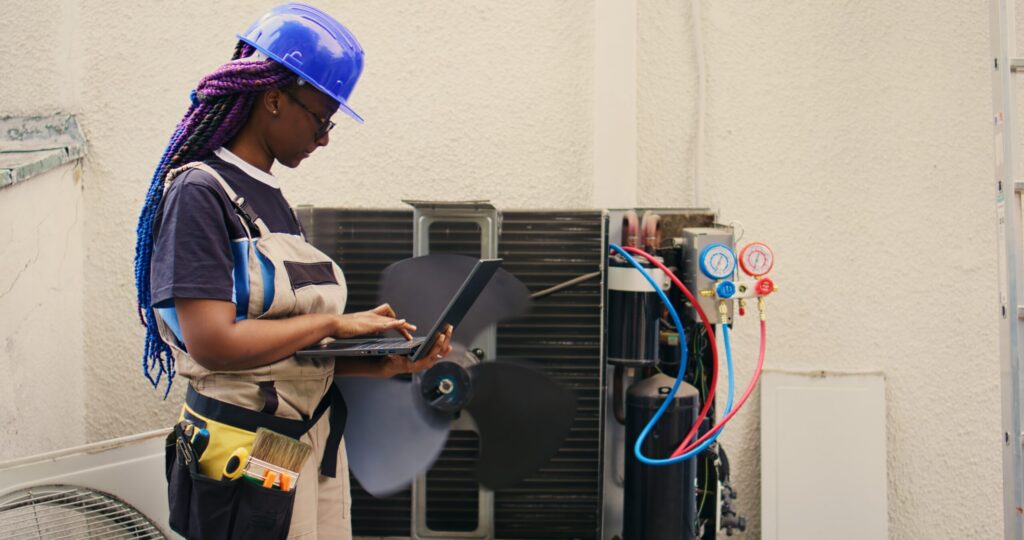Keeping your home comfortable and at the right temperature is essential, especially during extreme weather conditions. Your HVAC system plays a crucial role in maintaining a cozy and healthy environment within your home. However, like any other mechanical equipment, HVAC systems have a lifespan and require replacement when their efficiency decreases. Knowing when it’s time to invest in a new HVAC system is vital. As homeowners, we must understand these signs and prepare for a replacement when necessary. Below, we delve into the indicators that your HVAC system may be on its last legs. If you’re in need of some advice or information, keep reading!
The Age of Your HVAC System
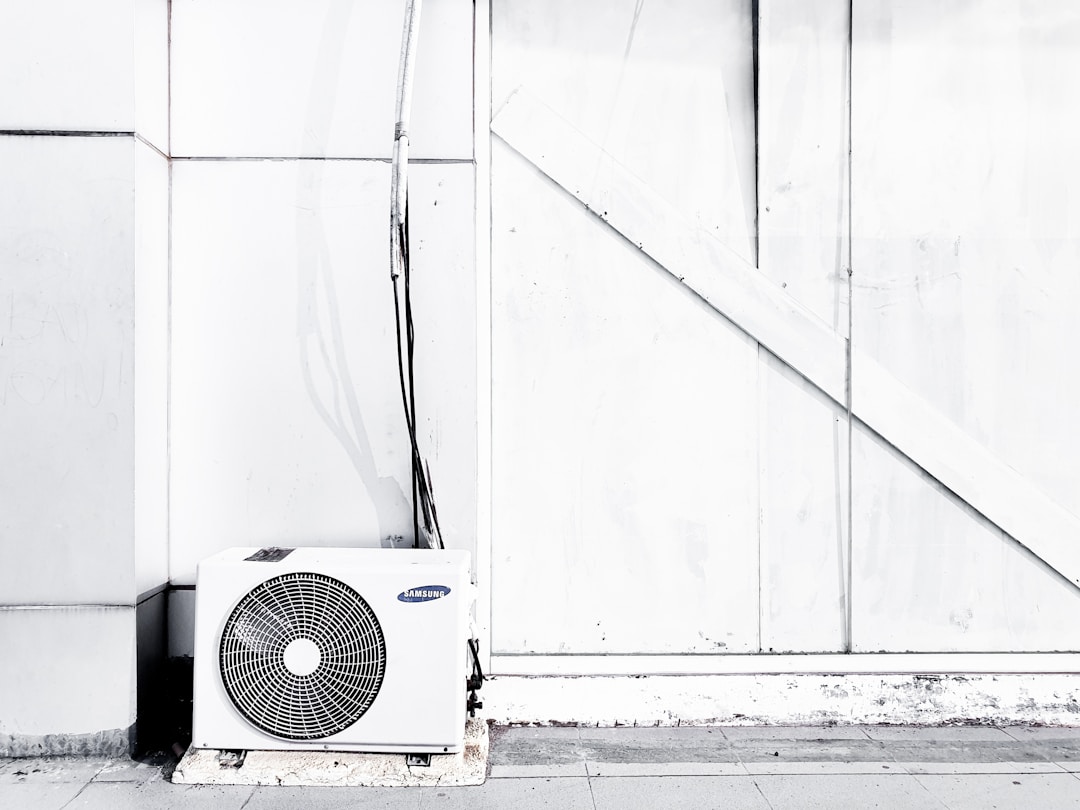
One of the most critical factors in predicting the lifespan of your HVAC system is its age. Most high-quality HVAC systems have a lifespan of 15 to 25 years. However, the exact duration will depend on several factors, such as the quality of installation, maintenance regularity, and usage load. So, if your system is nearing or has crossed this mark, you must start planning for a new system. Old age alone shouldn’t be the determining factor for a complete system overhaul. Instead, couple this indicator with other signs such as higher utility bills or frequent repairs.
HVAC professionals, like this HVAC company New Orleans can provide advice and inspect your current system to determine whether or not it needs to be replaced. it may even be beneficial to upgrade a system that hasn’t broken down yet. This is because due to advancements in technology, the newer models are substantially more energy-efficient. So, replacing an old system with a modern one can result in substantial annual savings, further justifying the initial investment. HVAC technicians can also take care of repair and maintenance to keep your system in good working order.
Rising Energy Bills
A sudden or gradual increase in your energy bills can be a cause for concern. Seasonal variations aside, if your utility bills show a growing trend without a change in usage patterns, your HVAC system might be to blame. Over time, the efficiency of the HVAC system decreases, demanding more power to provide the same output, thereby raising the energy bills. Regular maintenance can keep the system running efficiently for longer.
There comes a point when no amount of repairs can salvage the system’s efficiency. Investing in a new system in such cases can be more cost-effective over time. If you’re unsure whether your HVAC system has become inefficient, consider consulting experts. A competent HVAC repair company can thoroughly assess the condition of your system and advise whether you should stick with your current system or opt for an upgrade.
Frequent and Costly Repairs
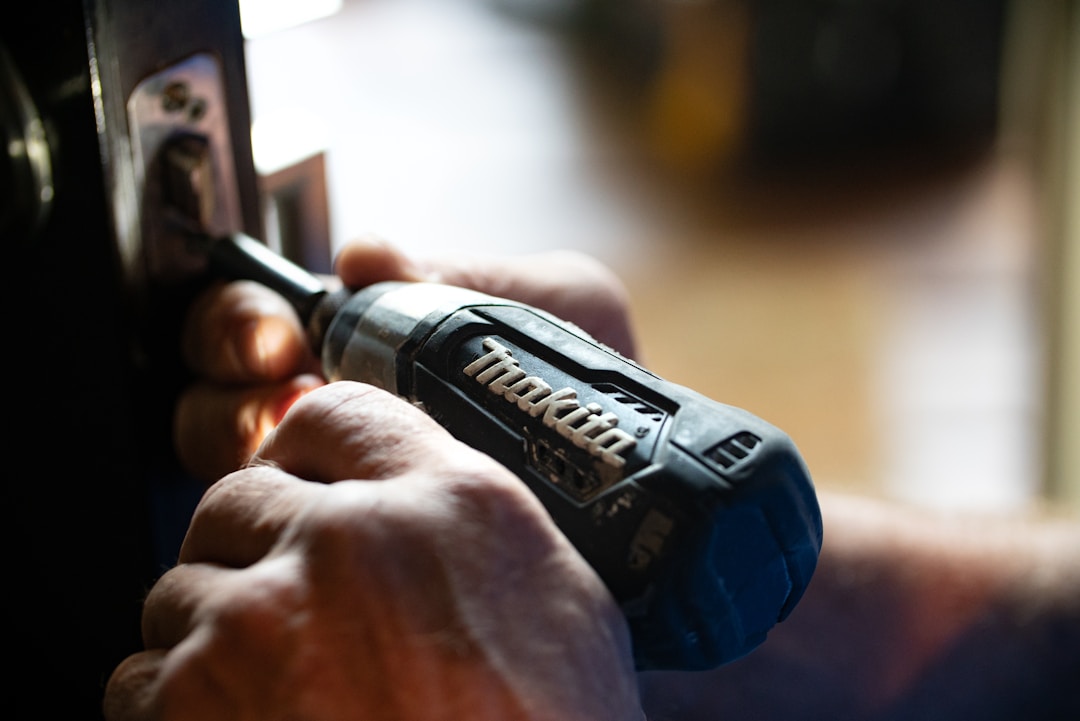
Like any mechanical device, even an HVAC system needs occasional repairs. However, as the system ages, the frequency and cost of these repairs can skyrocket. If you find yourself worrying regularly about the next system breakdown, it might be time to consider a replacement. A good rule of thumb is to consider the cost of repair relative to the cost of a new system. If repairing the system is almost half of the value of a new system, it’s usually a better idea to invest in a new unit. Moreover, the inconvenience and discomfort of recurrent breakdowns should also factor into your decision. After all, the goal of an HVAC system is to provide comfort, and frequent interruptions defeat this purpose.
Uneven Heating or Cooling
Uneven heating or cooling is a subtle but legitimate sign that your HVAC system might be declining. There are several reasons why uneven heating and cooling may occur with an outdated or malfunctioning HVAC system. One common cause is improper ductwork insulation or design. If your ducts are leaking or not properly insulated, the conditioned air may escape before it reaches certain areas of your home, resulting in uneven temperatures. Another possible cause is an outdated system that is struggling to distribute air evenly. Over time, HVAC units can become less efficient, leading to inconsistent heating and cooling performance. Additionally, clogged air filters can hinder airflow and cause uneven temperature distribution.
Replacing your HVAC system can address these issues and improve the comfort of your home. A new system will be more energy-efficient, ensuring that heated or cooled air is properly distributed throughout your house. Modern HVAC systems also come with advanced features such as zoning options, allowing you to control the temperature in different areas independently. This can help eliminate the problem of uneven heating and cooling by customizing the climate in each room according to your preferences.
Sudden Increase in Humidity Levels
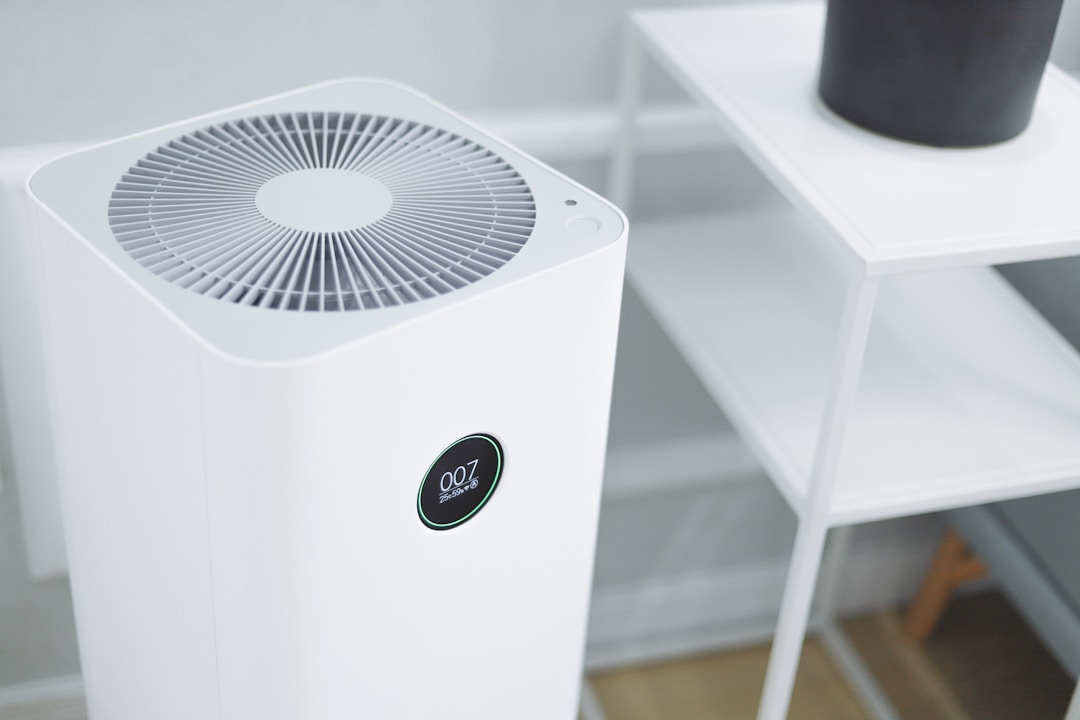
One of your HVAC system’s primary functions is to manage indoor humidity levels. If you start noticing excessive moisture in your house, your HVAC system might be faltering. High humidity levels can lead to an uncomfortable and damp environment, encouraging mold growth. It can also increase your reliance on air-conditioning, adding to your energy bills. In some cases, a dehumidifier can solve the problem. However, if the problem persists after trying this solution, your HVAC system might need replacement.
Excessive Dust and Noise Levels
If your home gets dusty soon after cleaning or you have to increase the TV volume whenever the HVAC system kicks in, these can indicate problems in your HVAC system. Dust buildup can mean leaks in the ductwork, while increased noise can point to a system that’s struggling to keep up with demand. Every HVAC system generates some level of noise. However, if you notice a significant increase or strange sounds like banging or grinding, consulting a heating and cooling professional is a smart move.
An HVAC contractor will be able to diagnose the exact problem and offer the best solution, which may include replacing your system. Similarly, if dust seems to be a constant issue despite regular cleaning, you might need to get your ductwork inspected. While duct sealing or repair can solve the problem, in severe cases, the system might need a replacement.
System Struggling to Meet Thermostat Setting
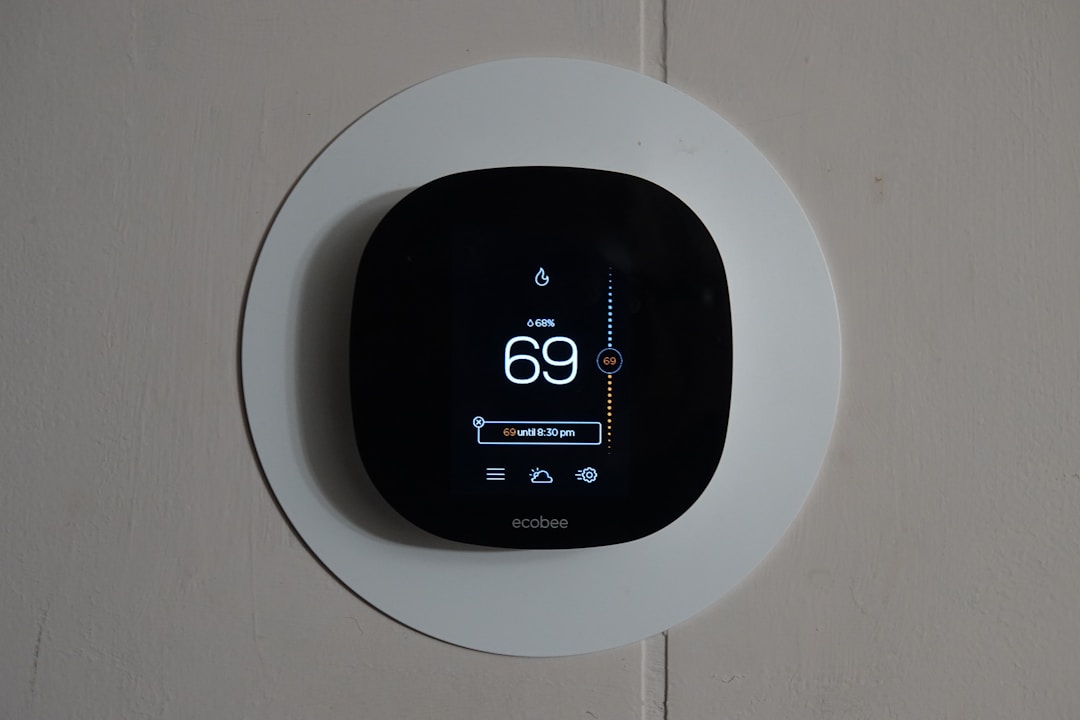
If you can’t achieve the desired temperature even after keeping your HVAC system on for an acceptable duration, it might be losing its efficiency. While thermostat issues are a common cause, they are easy to address. If the issue persists after resetting or replacing the thermostat, your HVAC system might be at fault. Whether it’s the system failing to cool down your home sufficiently in summer or failing to heat adequately in winter, these issues can make living uncomfortable. You could even opt to upgrade to a smart thermostat, which can save you money and assist in cooling your home.
Not to mention the added energy consumption for the system to meet the desired temperature. In such cases, replacing the system might be the best decision. A new and efficient HVAC system can guarantee your comfort under any weather condition and prove cost-effective in the long run.
As you can see, gauging the right time to replace your HVAC system can be a challenging decision. By understanding the above signs and consulting with professionals, you can make an informed decision to ensure your comfort and save on long-term costs. Replacing a declining HVAC system can improve your comfort, air quality, and energy bills, making your home a more pleasant place to live. So, don’t wait for a complete breakdown. Keep an eye on these signs and prepare to make the switch when needed.


